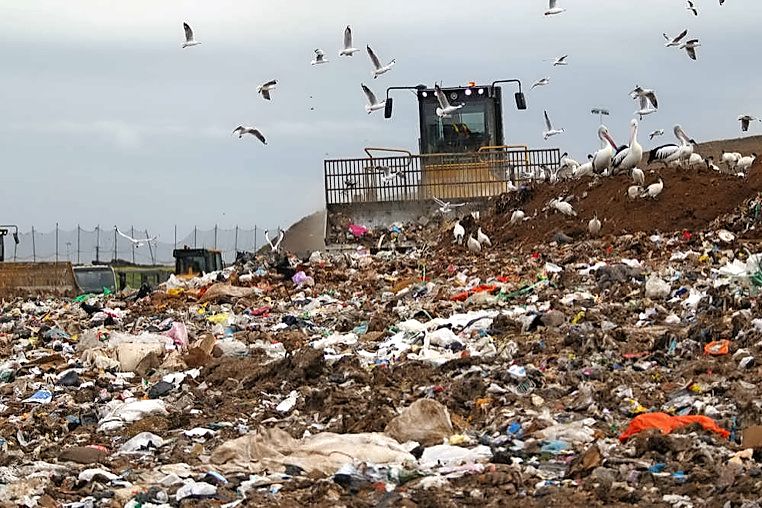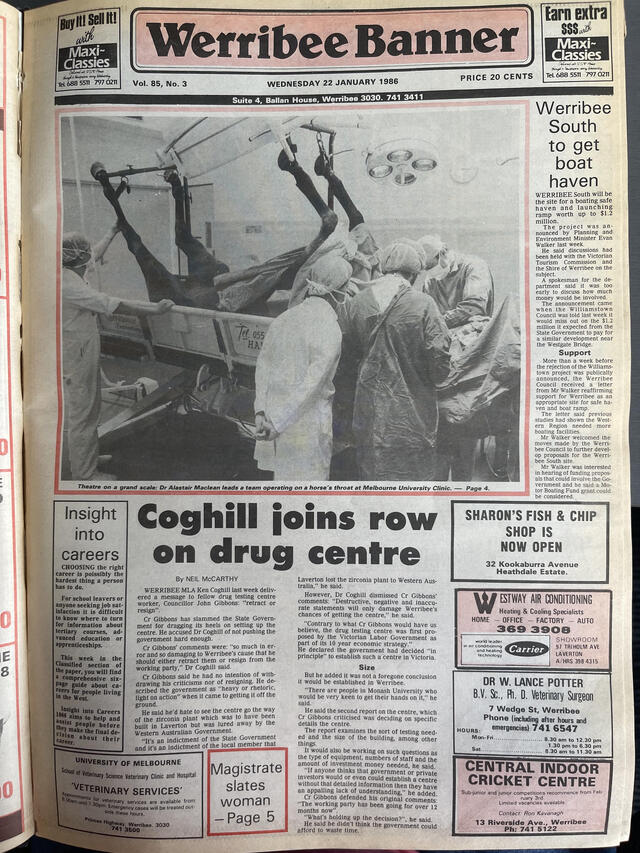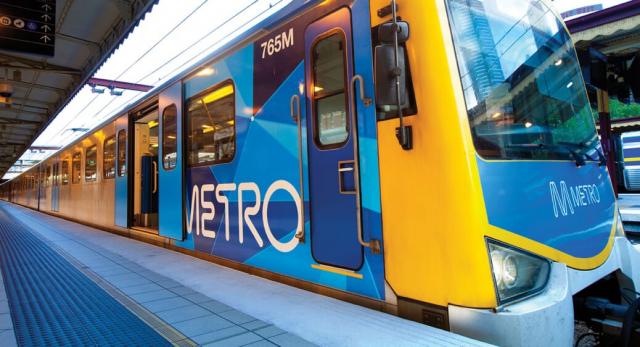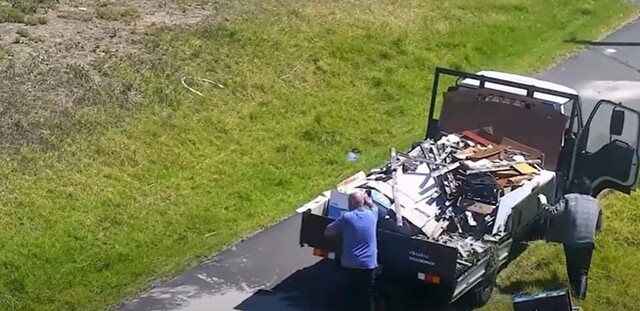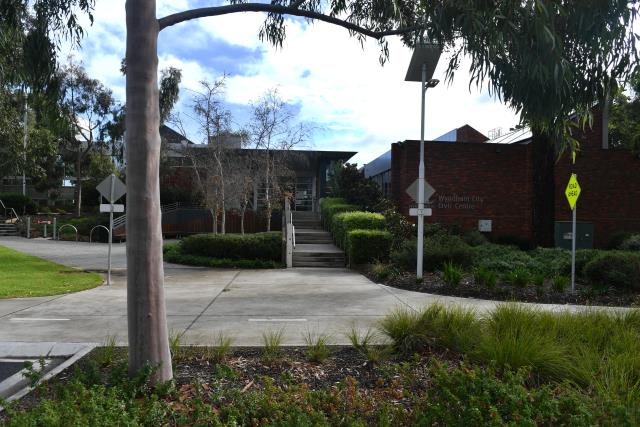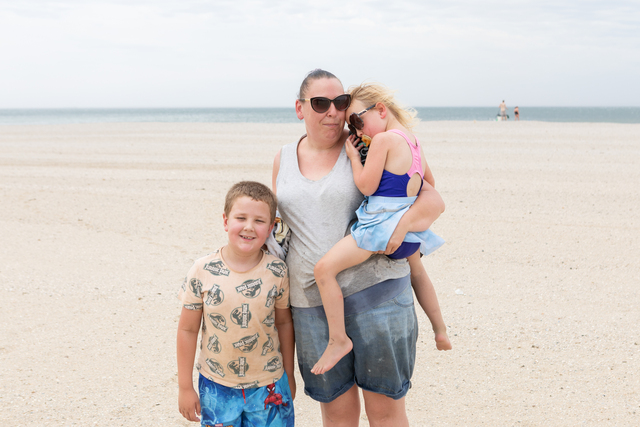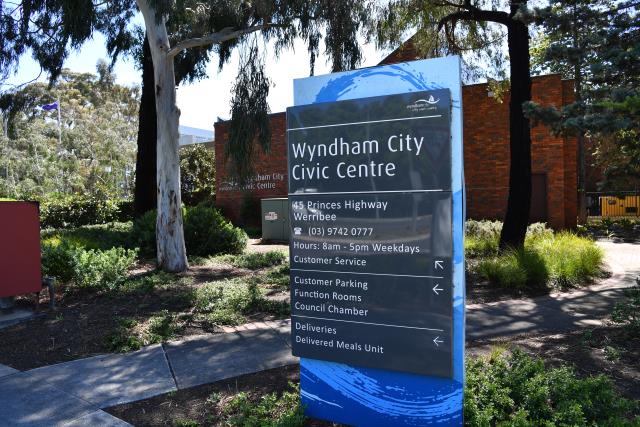The Werribee tip will be at capacity by November this year and the council will have to turn away $13.6 million in commercial contracts due to a legal battle over the tip’s expansion.
Wyndham council city operations director Stephen Thorpe said in the best case scenario, the tip would “run out of airspace” in November this year, meaning that, apart from Wyndham’s weekly kerbside collections, the tip would no longer be able to accept waste until a new cell is built by March or April 2019.
The council has started diverting waste from other councils, a move that will cost the council a further $880,000.
The Western Region Environment Centre has successfully applied for VCAT to undertake a review of the Environment Protection Authority’s (EPA) decision to approve an expansion of Werribee tip, which would allow the council to build four cells that can reach up to 30 metres above natural ground level. This is the height limit enforced on the tip’s existing cells.
Mediation is scheduled for March and if unsuccessful, the matter will go to a five-day hearing starting April 21.
Mr Thorpe said the council will lose a further $740,000 profit for every month a decision is delayed. On top of that, the council has spent $37,000 on legal fees to fight the matter to date, but Mr Thorpe anticipates the legal bill will tip over $100,000.
“What we’re doing at the moment is saying to our major contracted customers is that they need to take their waste elsewhere,” Mr Thorpe said.
“There’s somewhere in the order of 140,000 tonnes of material that we’re not going to be able to take, so whether that’s because we reduce the volume [now] to preserve the airspace, or because we end up having to close in November … that will have a financial impact.
“It’s about $13.6 million in sales that we will lose, which we estimate would be about $3.7 million profit.”
Wyndham mayor Peter Maynard added: “While we wait for the decision, we have to manage the impact on the ability for the RDF to accept waste.”
Mr Thorpe said the works approval was about giving waste-to-energy investors confidence in the long-term viability of the tip. He said European construction and supplier of waste-to-energy, Hitachi Zosen Inova, had expressed interest in bringing its operations to the tip, as had a number of Chinese companies.
“Our preference is to transition away from landfilling into what’s called alternative waste treatments. We don’t think landfilling is the best way to dispose of waste, and it’s not a long-term solution.
“One of the difficulties is, any investment in an alternative to landfilling is going to require a significant amount of capital.
“The last cell that we had approved gave us two years’ capacity to operate. If we had somebody come along … a two-year window gives them no reassurance that they’ll get a return on that investment.”

